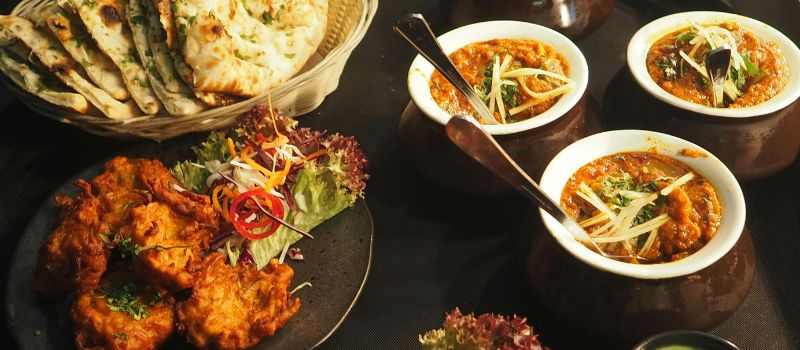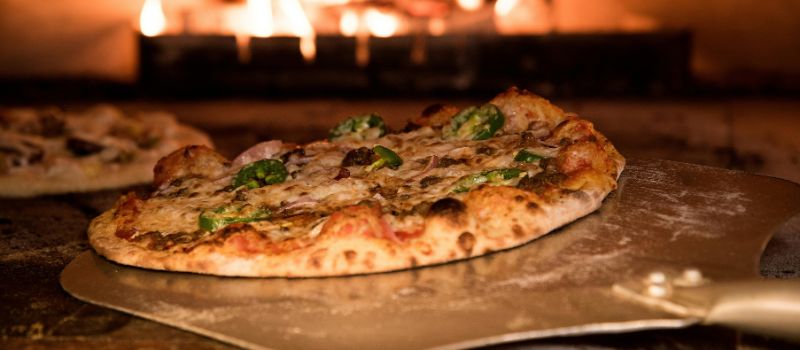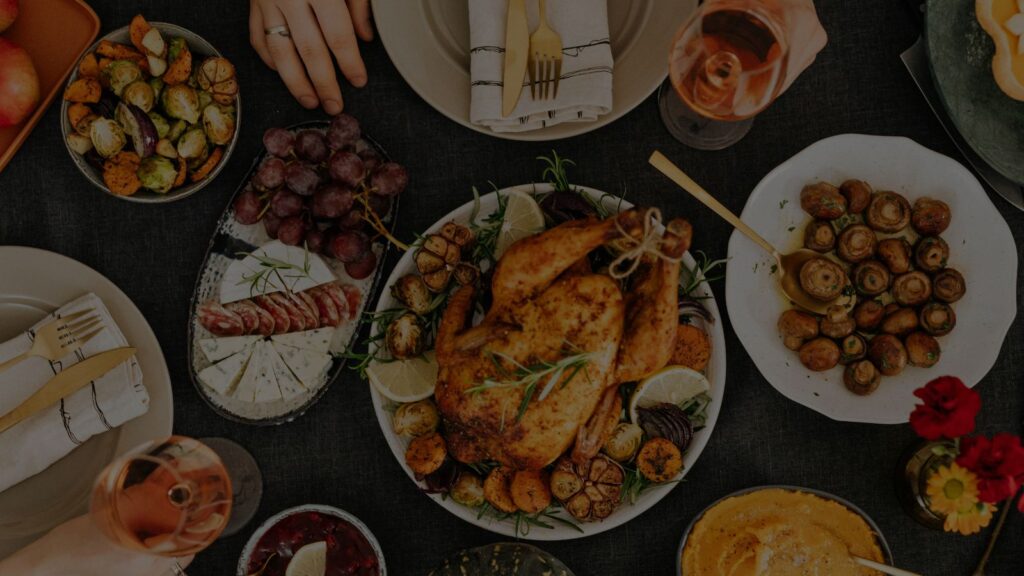Overview of Chicago Sales Tax on Meals
Chicago has a combined sales tax rate of 10.25%. When broken down, this includes:
- 9.5% sales tax
- 1.25% additional meal tax
Meals taxes generally apply to purchases of prepared food that are:
- Consumed in a restaurant or similar establishment
- Taken “to go” for later consumption
In contrast, sales of groceries (or “non-prepared food”) are:
- Completely exempt from state sales tax in 30 states and the District of Columbia
- Partly exempt in a further eight states
Meals taxes are usually locally imposed, though sometimes they are applied at the state level.
Justifications for Meals Taxes
As a “Luxury Tax”
These high “prepared food” taxes are sometimes defended as a “luxury tax” meant to:
- Target higher-income individuals
However, the wide variety of takeout dining options suggests that:
This tax is poorly targeted to achieve that goal.
It could be more accurately seen as a tax on:
- Individuals with less flexible schedules
- Those who do not like to cook, regardless of income

As a “Tourism Tax”
Others justify meals taxes as tourism taxes, similar to:
- High taxes on hotel rooms
- High taxes on car rentals
The reasoning is:
The benefit derived from added economic activity from visitors likely exceeds the government services they use.
However:
“Tourism” taxes are generally bad policy
because they shift tax burdens away from residents who actually benefit from government services.
Administrative Complexity of Meals Taxes
Regardless of the reasoning, meals taxes:
- Add significant costs
- Lead to administrative complexity
The Massachusetts Department of Revenue offers several examples to explain what is:
- Subject to sales tax
- Subject to additional meals tax
- Tax-exempt
Example 1: Lasagna
- If a restaurant serves a patron a lasagna dinner, then:
- ✅ The dinner is taxable
- If the restaurant sells frozen lasagna dinners for patrons to heat at home:
- ❌ These are not taxable because they require additional preparation
Example 2: Pizza and Soda
- If a patron purchases a pizza and two cans of soda from a restaurant:
- ✅ Both are taxable
- If the patron buys a pizza and a two-liter bottle of soda to go:
- ✅ The pizza is taxable
- ❌ The bottle of soda is tax-exempt
(since it is sold in an unopened original container of at least 26 fluid ounces)

Example 3: Coupons
- If a restaurant offers two meals for the price of one with a coupon:
- ✅ The tax is due only on the actual amount charged
- ❌ The price of the free meal is excluded from meals tax
Compliance Burden
Those who run restaurants and other eating establishments bear the burden of complying with these often complex rules.
Frequently Asked Questions
What is the total sales tax rate on meals in Chicago?
The total sales tax rate on meals in Chicago is 10.25%. This consists of a 9.5% general sales tax and an additional 1.25% tax specifically on prepared meals.
What types of food purchases are subject to the meals tax?
Prepared food, such as meals served at restaurants or taken to go—is subject to the meals tax. However, groceries or food items requiring further preparation at home are typically exempt.
Are beverages taxed differently based on packaging?
Yes. Beverages like canned soda are taxed, but unopened containers of at least 26 fluid ounces, such as a two-liter bottle of soda are exempt from the additional meals tax.
How are meal discounts and coupons treated for tax purposes?
When using a coupon like “buy one, get one free,” tax is only charged on the amount actually paid. The value of the free meal is not included in the tax calculation.
Why is there an additional tax on prepared meals?
The meals tax is often justified as a “luxury” or “tourism” tax, intended to target either higher-income individuals or visitors. However, critics argue that the tax can disproportionately affect residents with less flexible schedules or those who rely on takeout meals.

